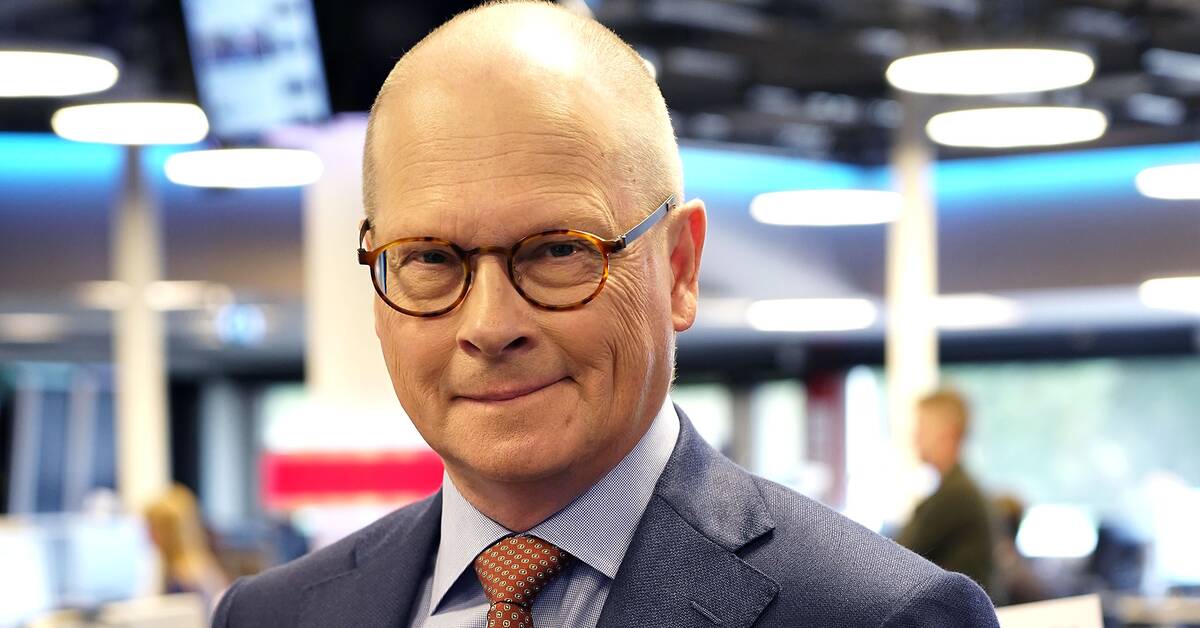On Tuesday, Norwegian Prime Minister Jonas Gahr visited Store Stockholm and his Swedish counterpart Magdalena Andersson.
One of the issues discussed was Russia's attack on Ukraine and its security policy consequences.
The NATO issue was also raised, although the two prime ministers were not very communicative on that point.
As obvious as freedom of alliance was in Sweden for a long time, just as obvious is NATO membership in Norway.
While Swedish politicians for decades highlighted freedom of alliance as an important reason why Sweden escaped the horrors of World War II, Norway made completely different experiences during the war.
Debates began
Norway was non-aligned at the outbreak of World War II but was invaded and then occupied by Nazi Germany.
After the war, the political conclusion was drawn that freedom of alliance had not been of much help and Norway became one of the countries that founded NATO.
Now that Russia has attacked Ukraine, the debate has begun in both Finland and Sweden over whether NATO membership can create greater security than continued freedom of alliance.
Both countries have embarked on political processes that could land in a decision to seek membership in the Defense Alliance.
In that case, it would be a historic decision for both countries, with great significance for the future.
The Finnish government is expected to submit a so-called report to the Riksdag on the NATO issue shortly, perhaps even before the Easter weekend.
The idea is that this report will be the starting point for the debate on NATO that will take place in the Finnish Parliament in the spring.
But even when Finnish Prime Minister Sanna Marin gave a political speech this weekend, she formulated herself in a way that can be interpreted as meaning that she wants Finland to take the step into NATO.
Has accelerated
There is also a gradual political change in the issue in Sweden.
In an interview in SVT's 30 minutes last week, Prime Minister Magdalena Andersson opened up for a Swedish NATO membership.
In this autumn's government declaration, Magdalena Andersson announced that freedom of alliance serves Sweden well and that the government will not bring Sweden into NATO.
Nowadays, she says, well aware of the importance of words, that freedom of alliance
has served
Sweden well, but that a fundamentally changed security policy situation requires a new analysis of what is best for the country.
It has accelerated the internal debate on the issue.
Two former Social Democratic prime ministers, Göran Persson and Stefan Löfven, have publicly gone out and questioned membership, while the former Foreign Minister Margot Wallström has been more open.
Extremely complicated
In fact, the Social Democrats are under severe political pressure on the issue.
The four bourgeois parties are pushing for membership, while support for NATO membership has grown in public opinion.
In addition, the Finnish process will be of great importance for a Swedish position.
Should Finland come to the conclusion that the country should take the step into NATO, it will be politically very difficult for Sweden to stand outside.
For the Social Democrats, this becomes extra complicated.
The party has always claimed that freedom of alliance is the best basis for Swedish security policy.
Should Finland change, the Swedish Social Democrats will probably be forced to follow suit.

